The beneficiaries of the World Cup expansion, Uzi and Jordan are "deeply cultivated"
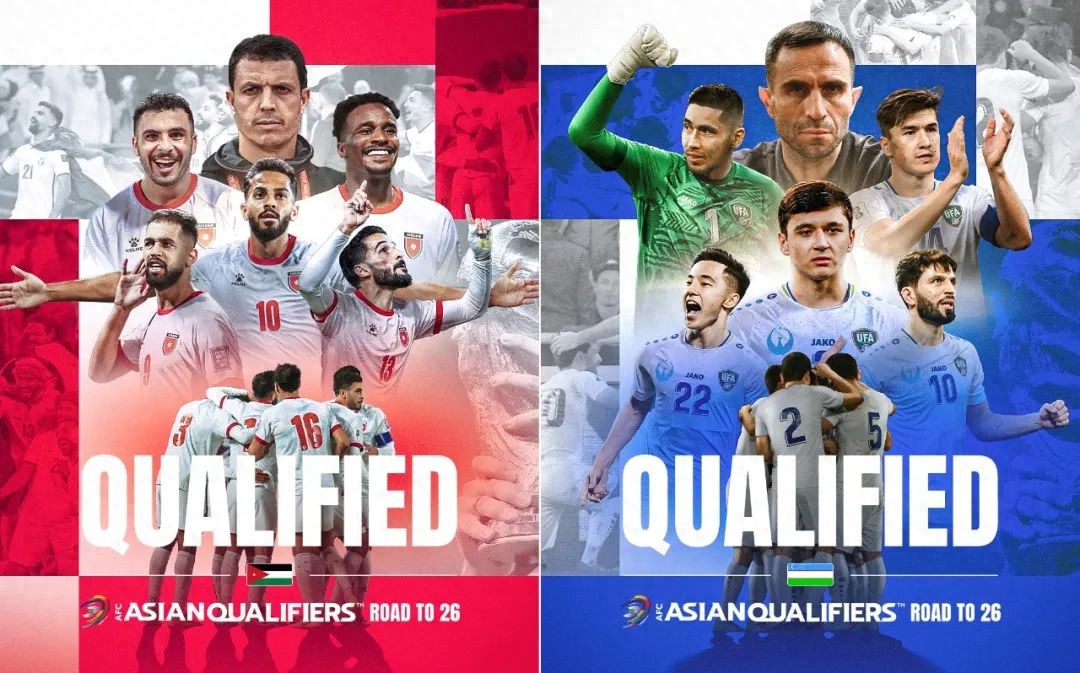
Written by Han Bing Uzbekistan and Jordan did not seem to come as a surprise to Asia's World Cup newcomers. Roughly speaking, both countries regard youth training as the basic strategy for football development, and at the same time actively promote players to stay abroad, but the specific landing form is different. It is rare that both Uzbekistan and Jordan have persevered and succeeded in their respective paths.

In recent years, with the breakthrough of Uzbek football in Asia for all ages, people have also learned more about the football system of this Central Asian country. To a certain extent, Uzbekistan has formed a three-dimensional system of professional sports schools, football youth training centres and youth training in professional clubs from top to bottom, with the full support of all levels of government.
After the 2005 Asian Qualifier Play-offs for the World Cup, Uzbekistan began to roll out its youth training system in an all-round way, and continued to develop from the vertical age group and the horizontal coverage area as a long-term strategy for the development of football in the country.
In terms of age groups, Uzbekistan has formed a comprehensive national brand system from U9 to U19 across 11 age groups, in addition to the national team youth training center of the Football Association, 14 first-level administrative regions in the country have corresponding youth training centers and complex schools. In addition, the youth training system of professional clubs in Uzbekistan is also closely linked to the official youth training centers led by the government and the Football Association, which together form a complete youth training network covering the whole country.
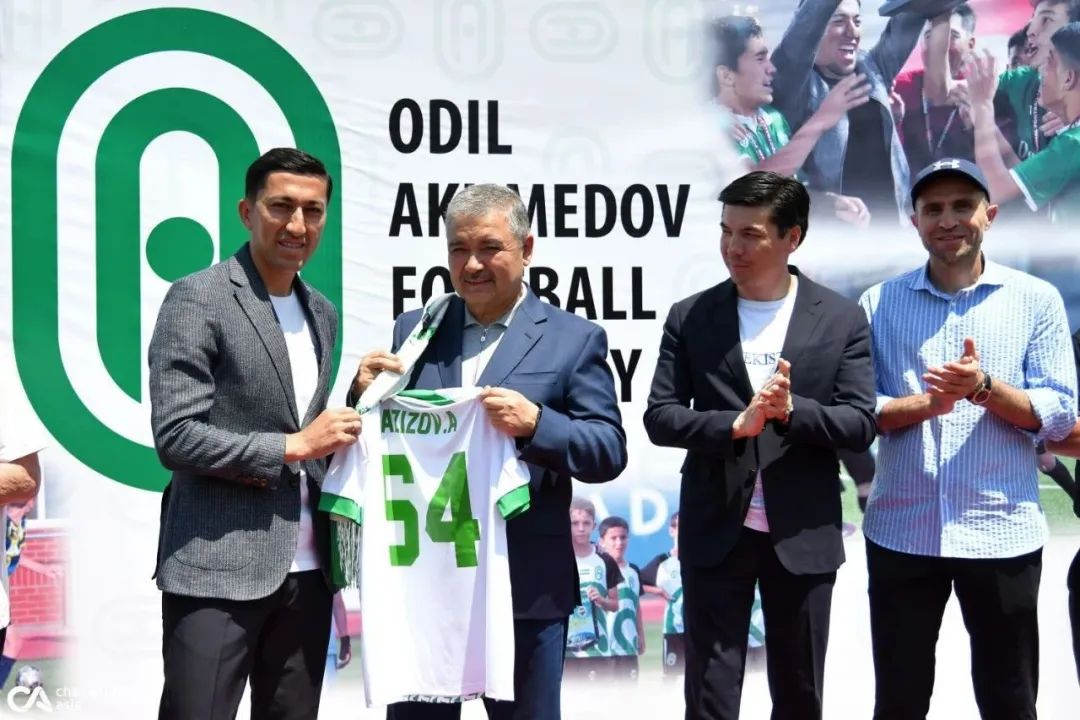
In addition to the youth training system of official and professional clubs, Uzbekistan not only has a well-established youth national league, but also a echelon league of professional clubs. The Football Association also took the lead in setting up the Olympic Club, which is organized by the Uzbek U23 and U20 national youth teams to participate in the professional league, so that the talents can accumulate experience, improve their physical fitness and technical ability through the competition through the competition through a stable number and quality of competitions.
The youth talent base is large enough, which is the foundation for Uzbekistan's U17, U20 and U23 national teams to fully blossom in Asia in recent years. Not only have the three age groups almost always maintained a stable level of at least 8 Asian Cups at the same level, but also completed the U17, U20 and U23 Asian Cup championship grand slam, especially the U23 Asian Cup, which is closest to the senior team, has entered at least the semi-finals for four consecutive years, entered the final three times and won the championship once three times, and has been among the first echelon in Asia.
With the exposure of Asian competitions of various age groups, as well as world competitions such as the U17 World Junior Championships, the U20 World Youth Championships and the Olympic Games, it is natural for Uzbek players to stay abroad in high-level European leagues. From Shomurodov (Roma, Serie A) to Fezuraev (CSKA Moscow, Russian Premier League) to Husanov (Manchester City, Premier League), Uzbek players have become an emerging force in Asian football in Europe's top leagues. Nearly 20 years of deep cultivation of youth training, and continuous consolidation of the foundation of the youth training pyramid, have created the result of today's Uzbek football in all ages dominating Asia. The World Cup qualification of the Central Asian "White Wolf Army" is not an accident brought by luck, but the inevitability of the football strategy to continuously cultivate talents.
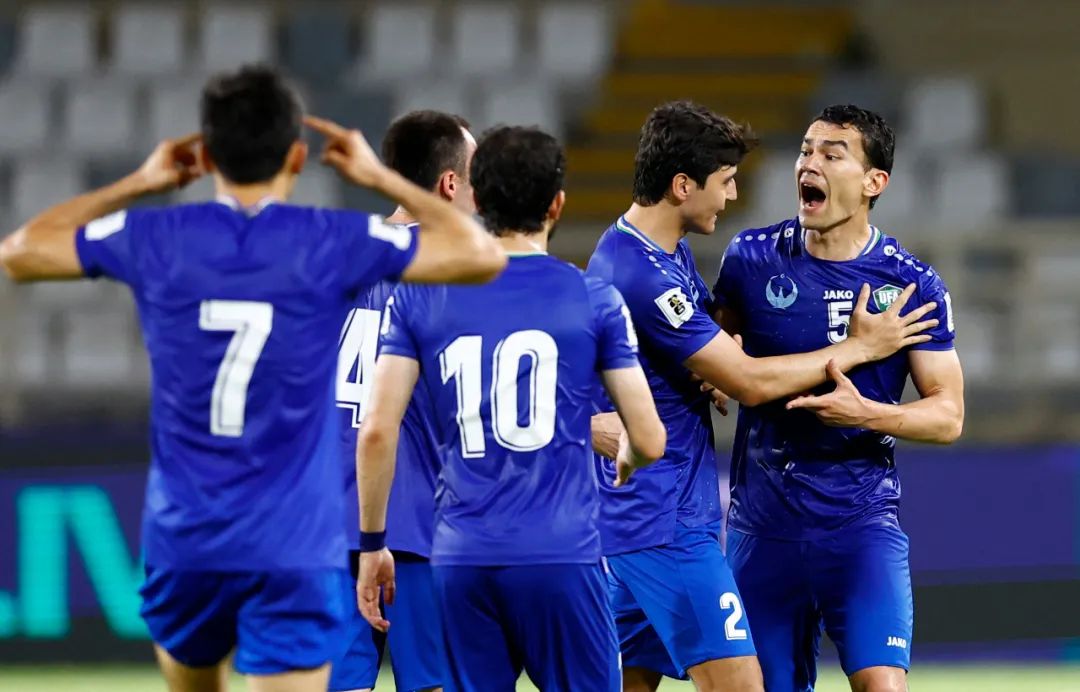

Compared to Uzbekistan, Jordanian football is stranger to the world.
Refugees from decades of turmoil in the Middle East, as well as an already resource-poor land, have left Jordan's economic base for football development much weaker than Uzbekistan's. Even in the top league clubs, which are subsidized by the government, player salaries are very meagre, and it is common for clubs to pay arrears, and players have to work part-time to make ends meet. The prize money for the Jordanian league champion is only 60,000 dinars (about 600,000 yuan), and the club has to seek bonuses from banks through the government to maintain normal operations.
After the Jordanian team reached the Asian Cup final last year, the Jordanian government donated 1 million dinars (about 10 million yuan) to the Football Association as a reward, which is already the Jordanian government's investment ceiling. Even so, Moroccan coach Amouta, who led the team to the Asian Cup final in June last year, was forced to leave because of the old training base of the national team, the lack of basic training conditions and the long-term salary arrears. However, Jordanian football has seized all kinds of help and formed a "joint force" to complete the development from quantitative change to qualitative change.
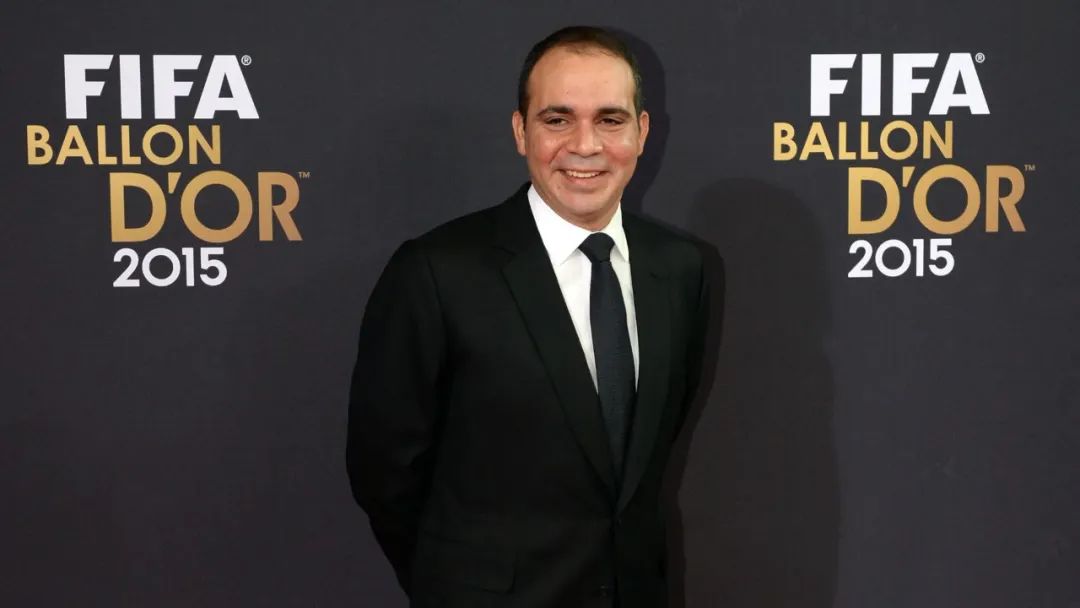
One of the boosts came from FIFA. Prince Ali of Jordan, who was elected FIFA vice-president in 2011, is also the founder and president of the West Asian Football Confederation. In 2012 he founded the Asian Football Development Programme (AFDP), focusing on Asia and the Middle East. More than 80,000 young people have benefited from the project, the vast majority of whom are refugees, and Jordan, which hosts a large number of refugees from Palestine, Iraq and Syria. Under the vigorous promotion of Prince Ali, FIFA has long provided assistance to the Jordanian Football Association from infrastructure, talent training to technological upgrading. The Jordanian Football Federation's artificial turf for the national team's training centre, the renewal of training equipment and the new FA technical centre will modernize the training conditions of the Jordanian national team. The new technical center is equipped with a gymnasium, medical center, training and administration center, and is a comprehensive base for training coaches, referees and players.
Another major "boost" for Jordan is related to national integration.
The long-term influx of Palestine refugees, which has numbered in the millions, has accumulated over time and this demographic change has fed back into Jordan's football landscape. The Jordanian league ended up in a bitter confrontation between the native Jordanian club Faisal and the camp club supported by Palestinian refugees. To some extent, it is equivalent to the Jordanian version of "Real Madrid and Barcelona". In addition, there are Christian communities in Jordan and the Circassian people who migrated from the North Caucasus in the 19th century.
However, for many years, the Jordanian government has been committed to bridging the gap between ethnic groups through football, especially the national team, and the fierce competition in youth training from clubs supported by various ethnic groups in the domestic league has provided sufficient talent for the national team.
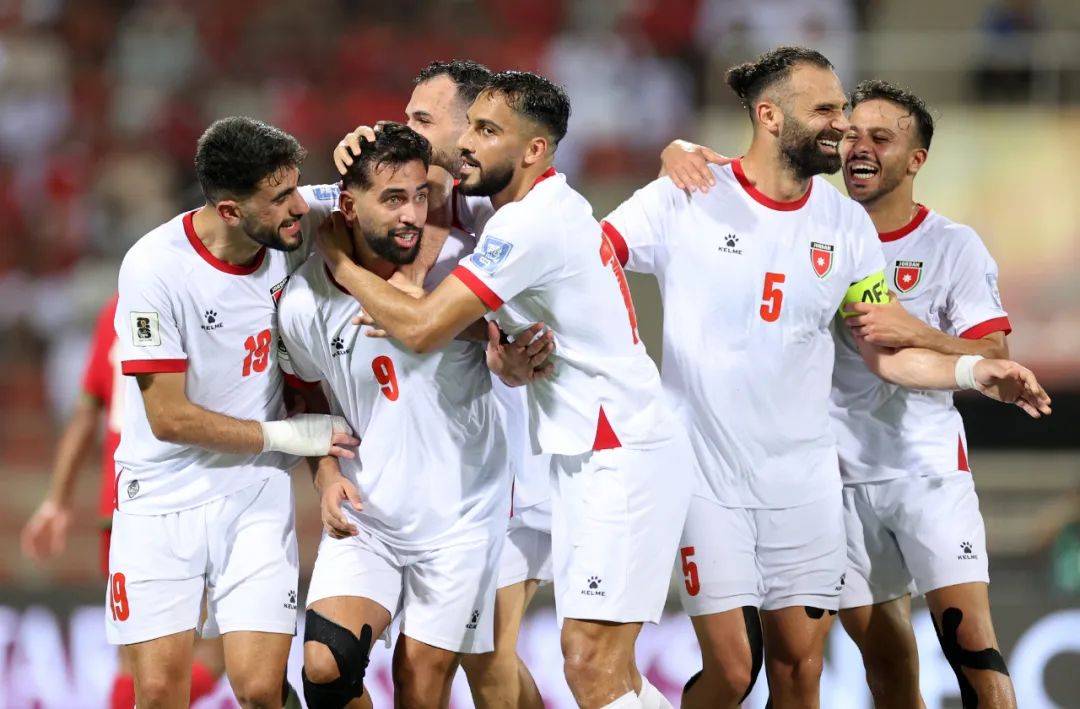
Once they have achieved a little, these players will be sent cheaply or even free of charge to clubs with better economic conditions in the second-rate leagues in West Asia, Southeast Asia and Europe. When they have accumulated enough professional experience, they will return to the Jordanian league to help the team's young people grow, and a virtuous circle is formed.
There are now 12 foreign players in the Jordanian national team, but half of the 18 who play in the local league have returned from abroad. Because of this, although the achievements of the Jordanian junior national team at the Asian level are not as good as those of Uzbekistan, they are still the best in the West Asian Football Confederation junior competition. Jordan's U17 national junior team has reached the semi-finals of the U17 West Asian Cup four times in the last six years, and has also won the championship and runner-up once. The U23 Asian Cup has all qualified for the finals in the previous six editions, and has reached at least the quarterfinals three times, laying the foundation for the Jordanian team's stable strength.
In this history-making Jordanian team, the captain Hamad is a descendant of Jordan's Christian community, and at least 10 people such as Tamari, the number one star who plays in Ligue 1, the main winger Alwan, the midfielder Abu Taha, and the goalkeeper Abu Leila are all descendants of Palestinian refugees, in addition to the main central defender Abunadi (USA), fullback Assaf (Germany), and midfielder Al-Nasser (Denmark) are naturalized players. The players come from a wide range of sources, but there is only one Jordan international in the national team, and there is a goal to fight for Jordan's World Cup dream.
Jordanian football grew up in a much worse environment in West Asia than the six oil-rich countries in the Gulf, but it was also able to rely on special "joint efforts" to form a sustainable youth training system, which ultimately helped the Jordanian team achieve a historic breakthrough.
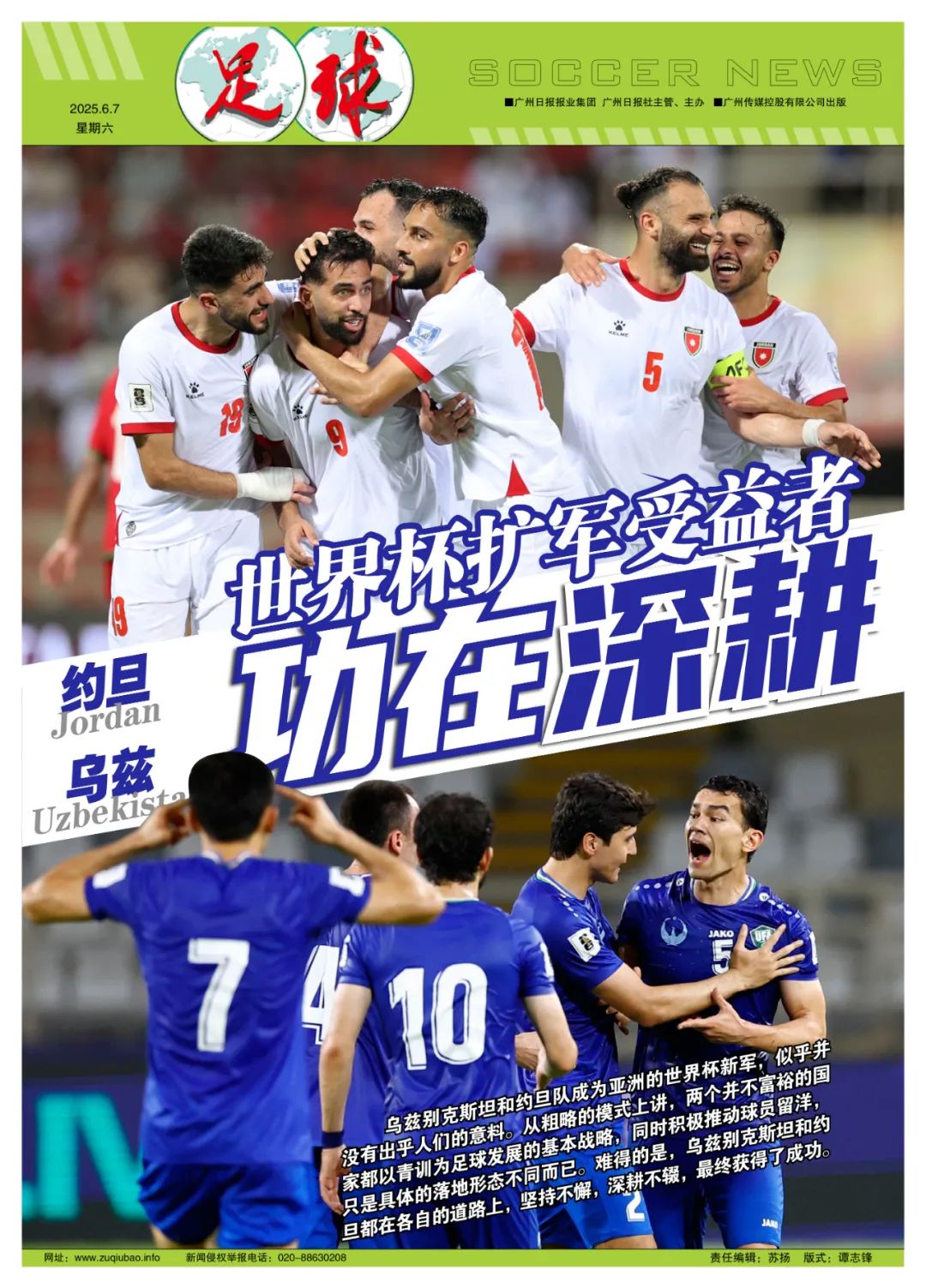


Wonderfulshortvideo

Hat-trick hero 🇷🇸🤩



Who is your footballing hero? 🤩



Tielemans 👏



It’s GOLD for Field of Gold in the St. James’s Palace Stakes



User TrophyTracker has posted a video.



An American Affair at Royal Ascot 🇺🇸



Bumping into fans @Ascot Racecourse 🤣👀








 Links
Links
 Contact
Contact
 App
App


